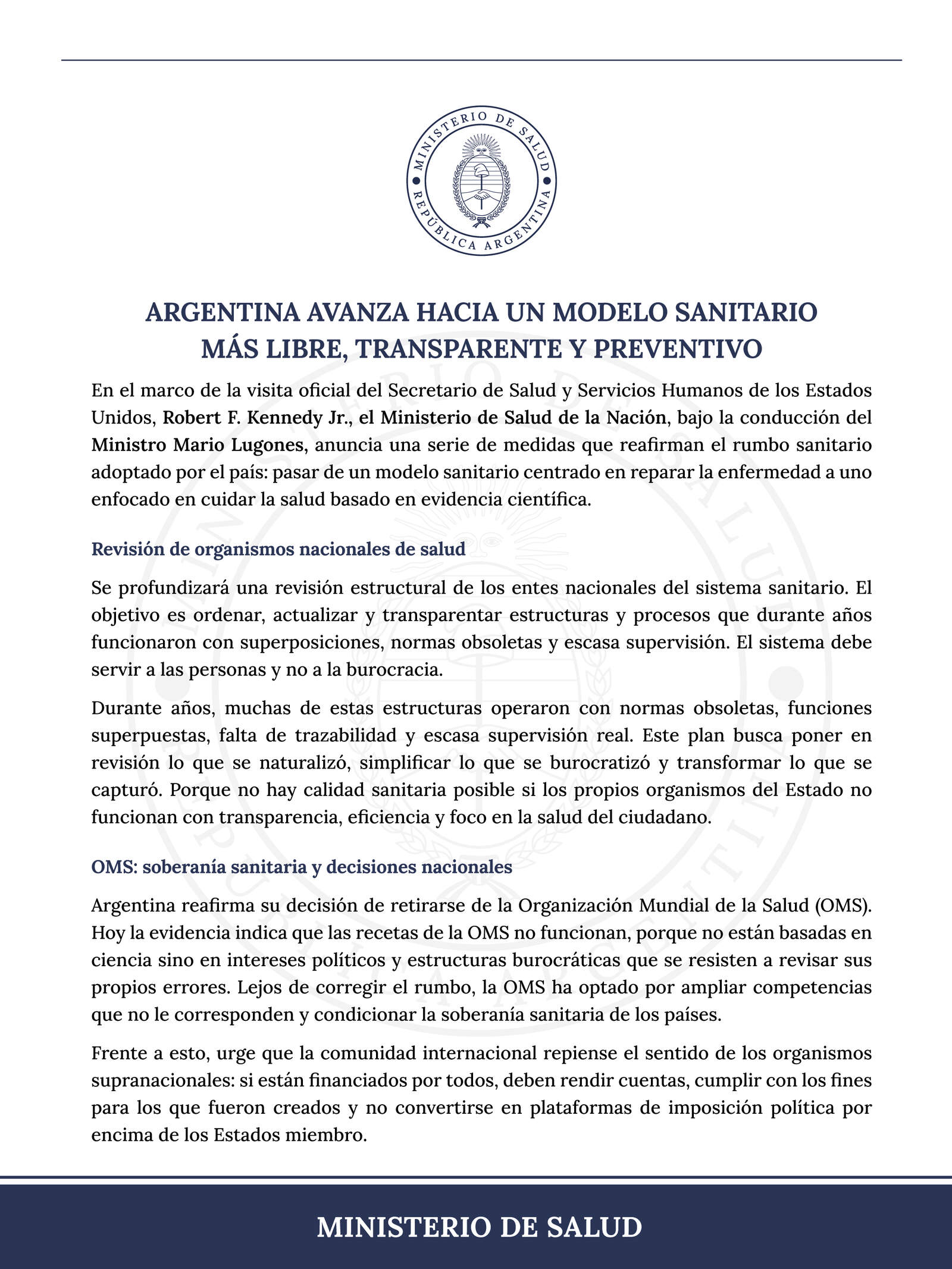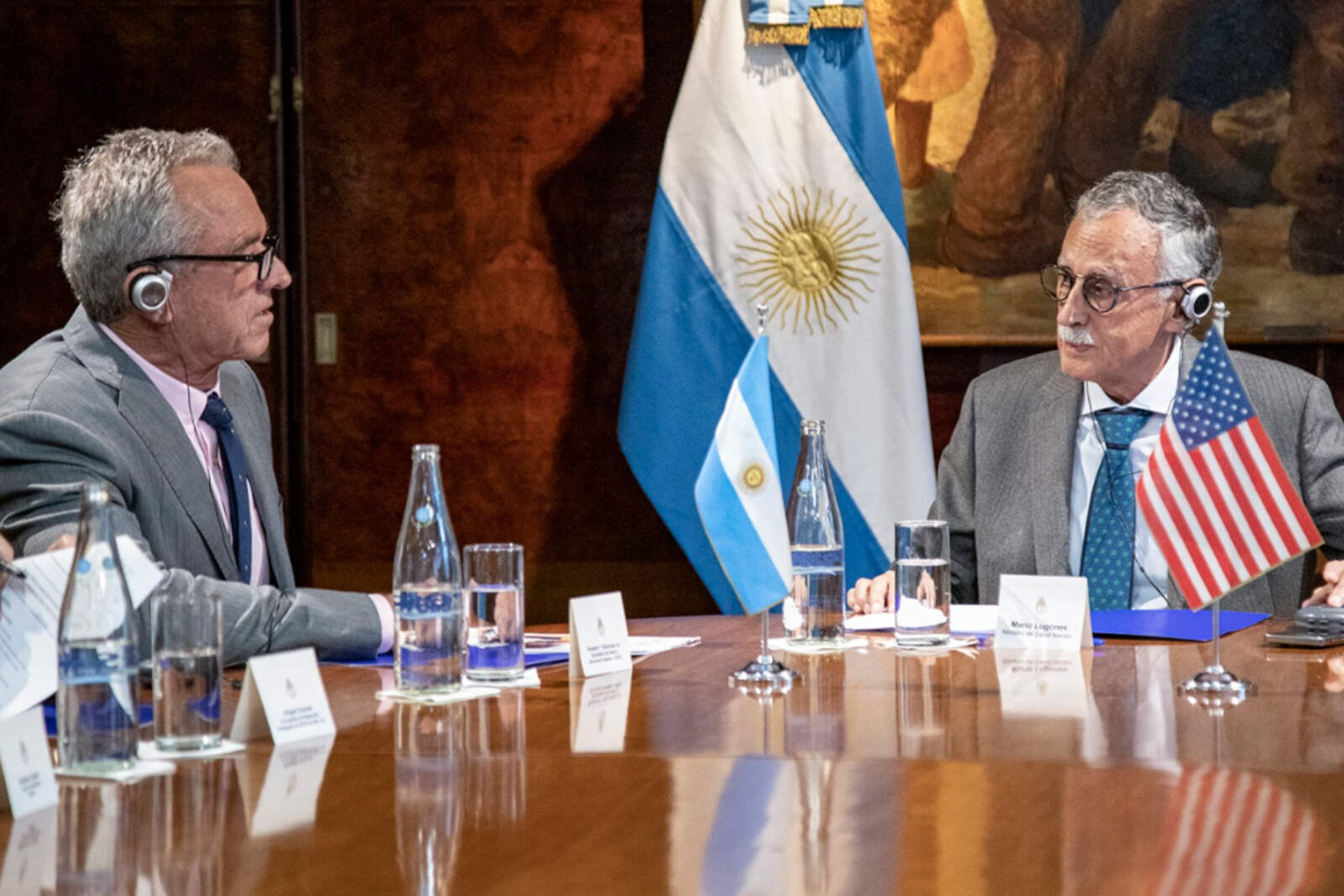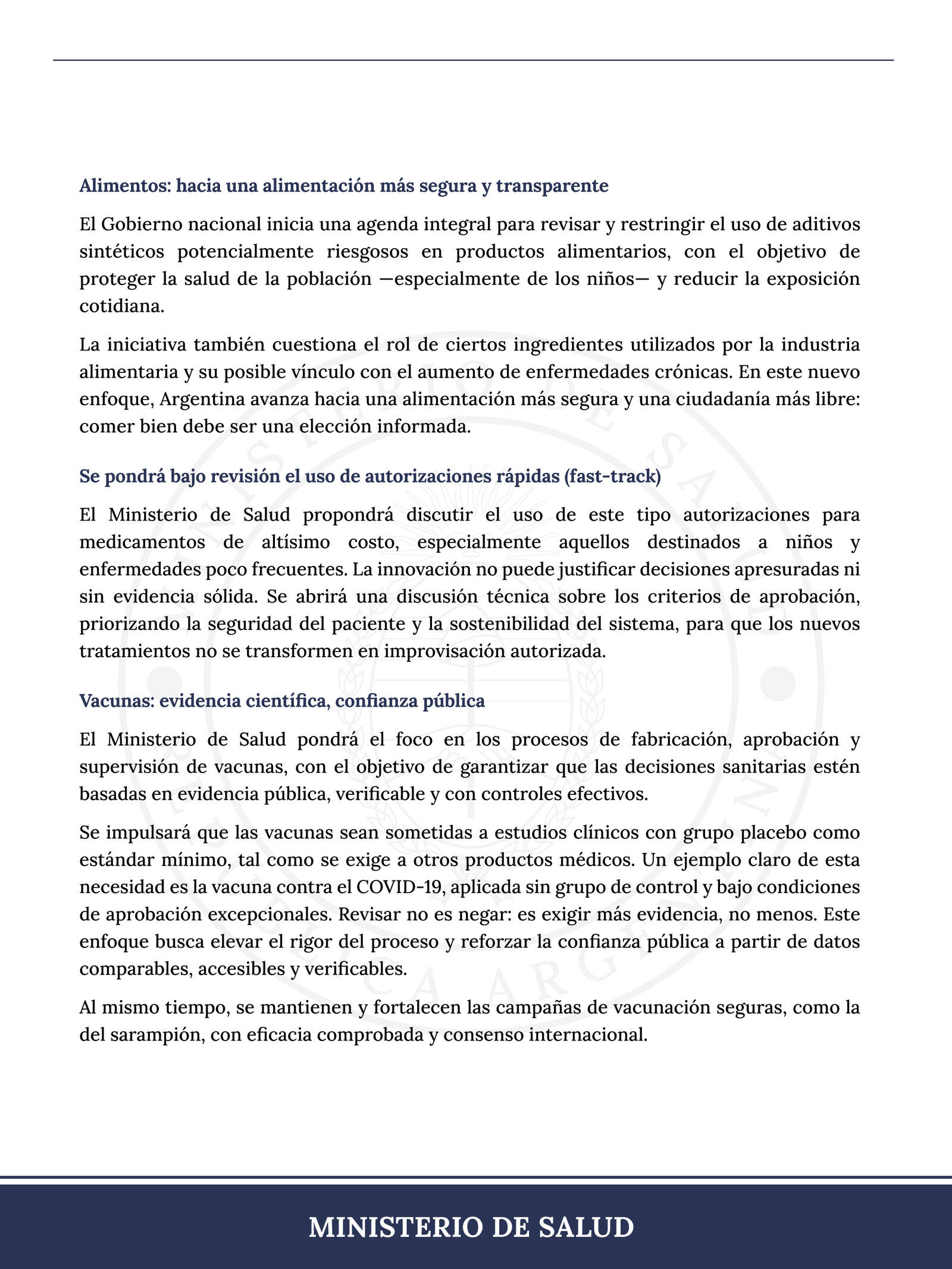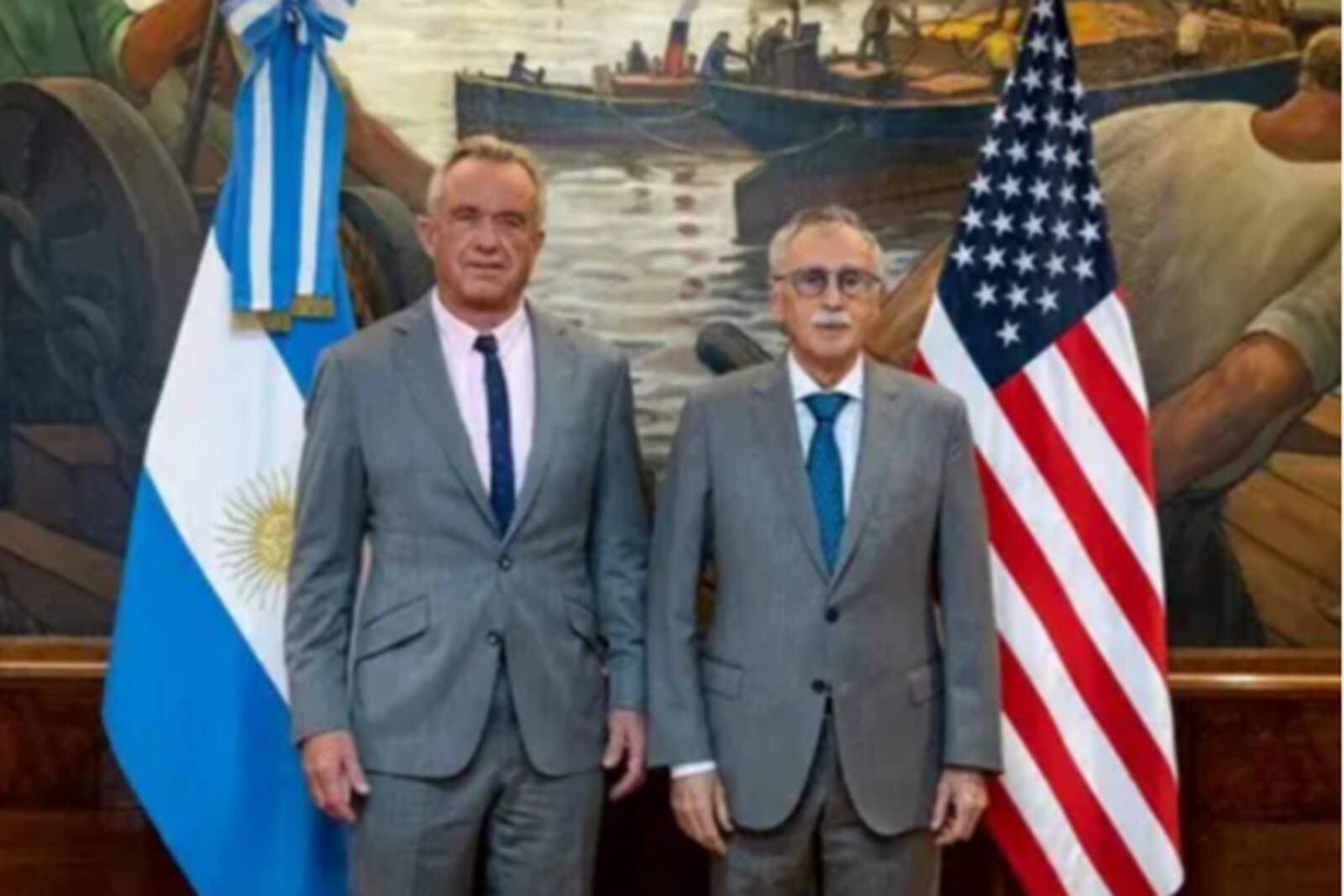In the context of the official visit of the United States Secretary of Health, Robert F. Kennedy Jr., the Ministry of Health of the Nation, led by Mario Lugones, announced a set of structural reforms that mark a deep change in the Argentine healthcare system. The core of the new approach will be to shift from a disease-centered model to one based on prevention, scientific evidence, and national sovereignty.
Among the main measures is the review of national health agencies, with the aim of updating, increasing transparency, and organizing structures that for years have operated with overlaps, outdated regulations, and limited oversight. "The system must serve people, not bureaucracy," officials from the health ministry emphasized.
WHO under scrutiny: Argentina withdraws and defends its sovereignty

In an unprecedented decision, Argentina is withdrawing from the World Health Organization (WHO). According to the official statement, the organization's policies "no longer respond to scientific criteria but to political interests and bureaucratic structures that refuse to review their own mistakes."
The Ministry criticized that the WHO 'has chosen to expand competencies that do not belong to it', and called on the international community to reconsider the role of supranational organizations, demanding accountability and respect for the health sovereignty of member states.










